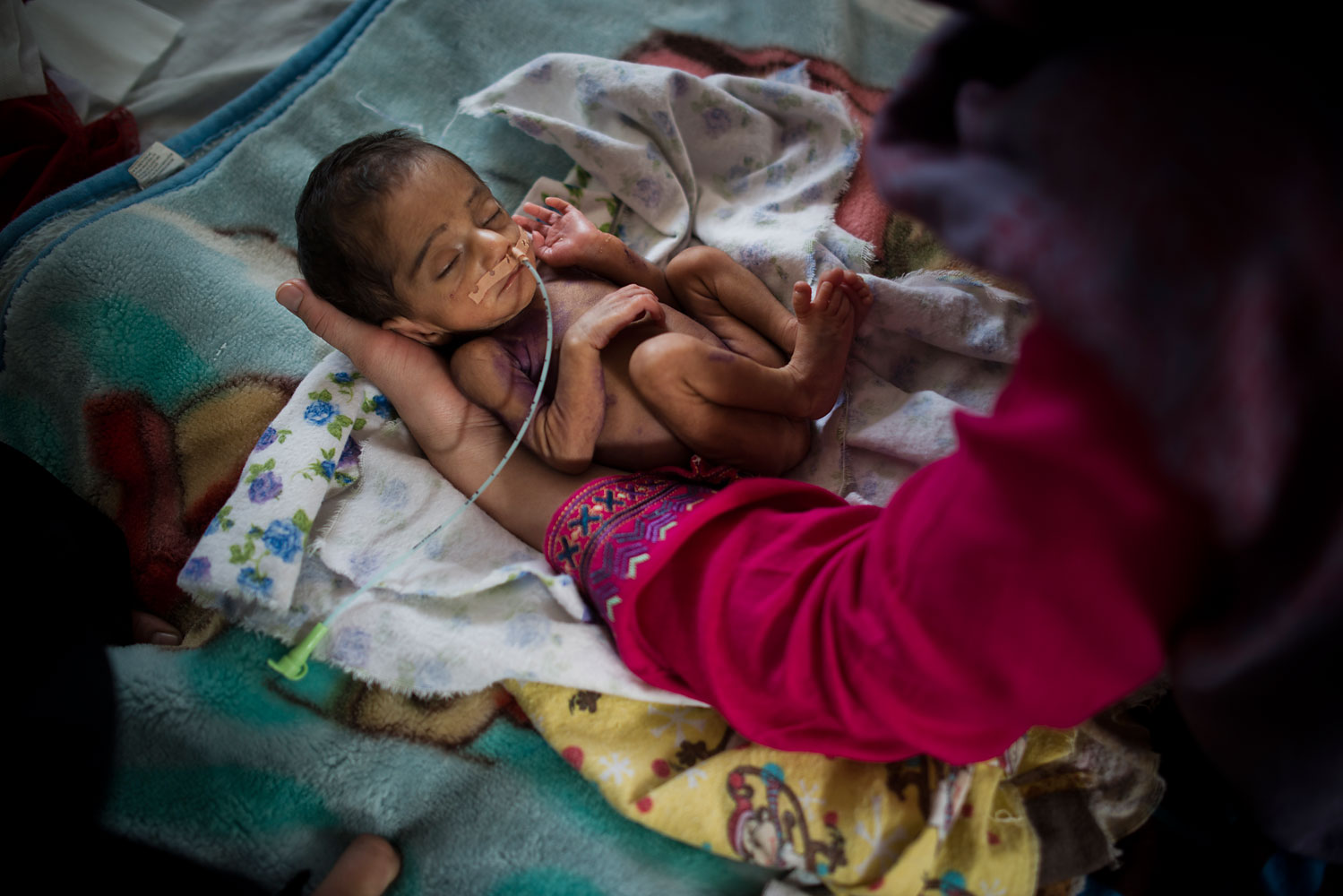
As the almost 13-year-occupation of Afghanistan by foreign troops draws to an end, a new report by Médecins Sans Frontières highlights jarring shortcomings in the public health system they’ll be leaving behind. These pictures, by documentary photographers Andrea Bruce and Mikhail Galustov, both of whom have spent years covering the war’s toll on the innocent, are paired with the aid group’s findings.
The report released Tuesday concludes that access to basic or emergency medical care remains hard to reach—or beyond grasp—for many Afghans despite years of Western involvement and billions of dollars in humanitarian assistance. Aid workers interviewed hundreds of hospital patients over the course of six months in Helmand, Kabul, Khost and Kunduz provinces. The results of their survey strike a blow to “prevailing narratives of progress,” says MSF, as battles with the Taliban rage and international aid dries up.
Some clinics lack qualified staff, specific medicines and even electricity, MSF was told. One-fifth of patients interviewed said a family member or close friend had died in the past year due to a lack of access to proper care. Among the main barriers for reaching treatment were high costs and lack of money, long distances and the armed conflict. “The fighting doesn’t stop when there are injured people, so we can’t get them to a doctor. So we wait, and then they die, and the fighting continues,” said one man, a 25-year-old principal in the northern Baghlan Province. “Even if you are able to move with your wounded, you still have to get through roadblocks, checkpoints, questioning and harassment before you can reach the hospital.” Forty percent of interviewees who reached the hospitals said they encountered those hardships, among others.
MSF does note that the number of health facilities has risen “considerably” over the past decade and that national statistics claim more than 57 percent of people now live within an hour’s walk of a public health facility—up from nine percent in 2001—but that’s just about all the good news that there is. With this report and accompanying photographs, the organization calls on international donors, other aid groups and the Afghan government to begin filling in the gaps and meeting the needs of a population wracked by decades of war before the situation gets any worse. —Andrew Katz
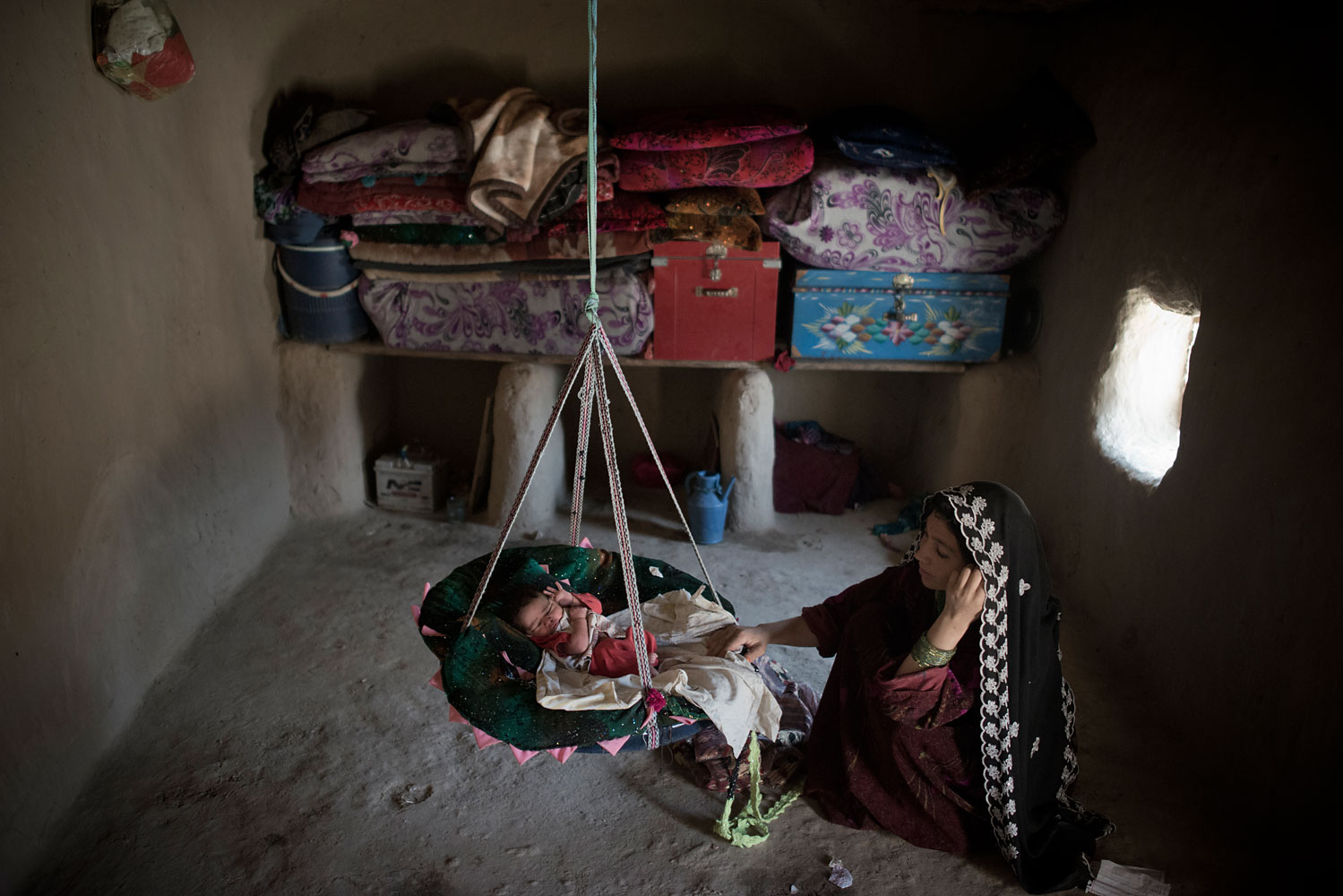
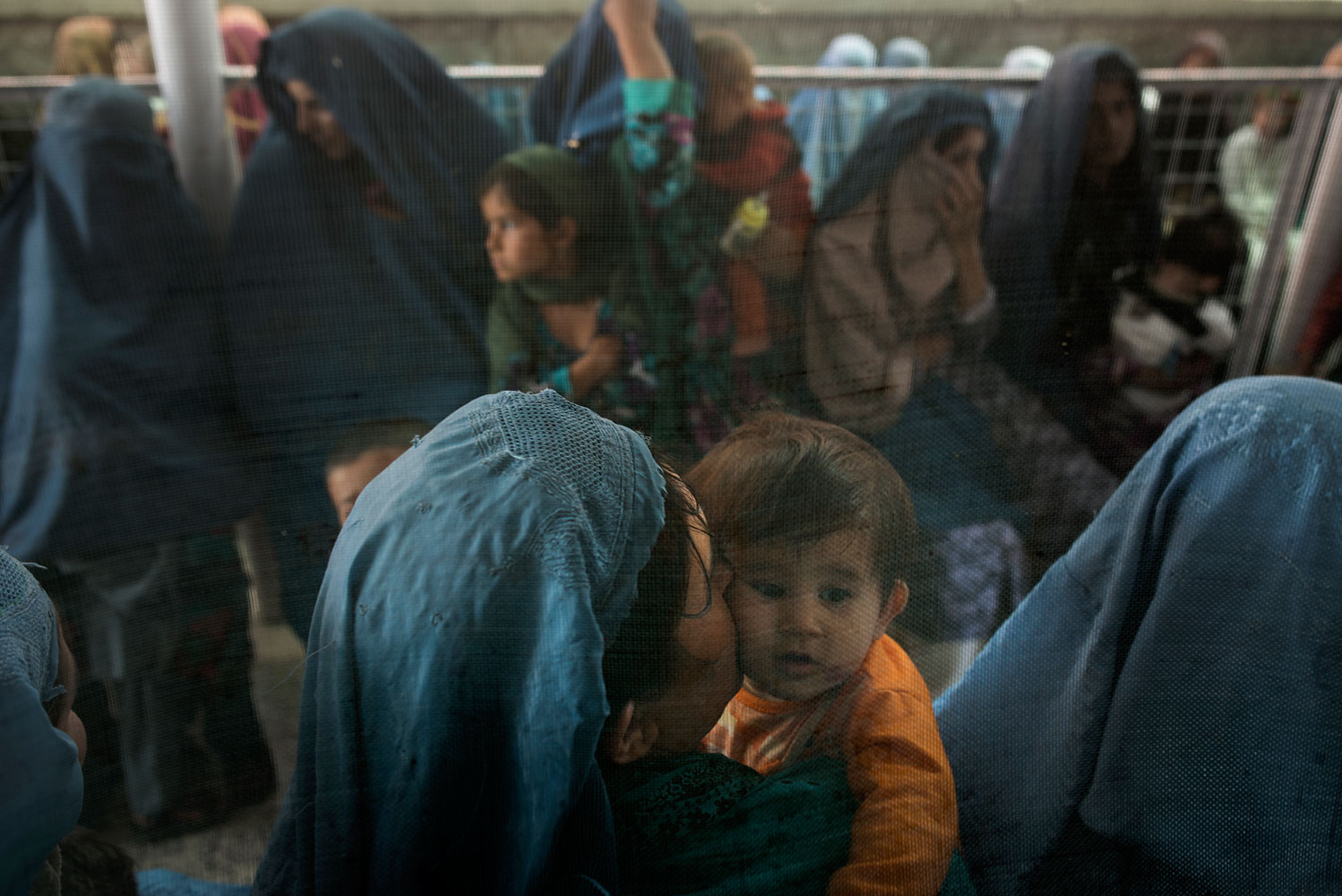
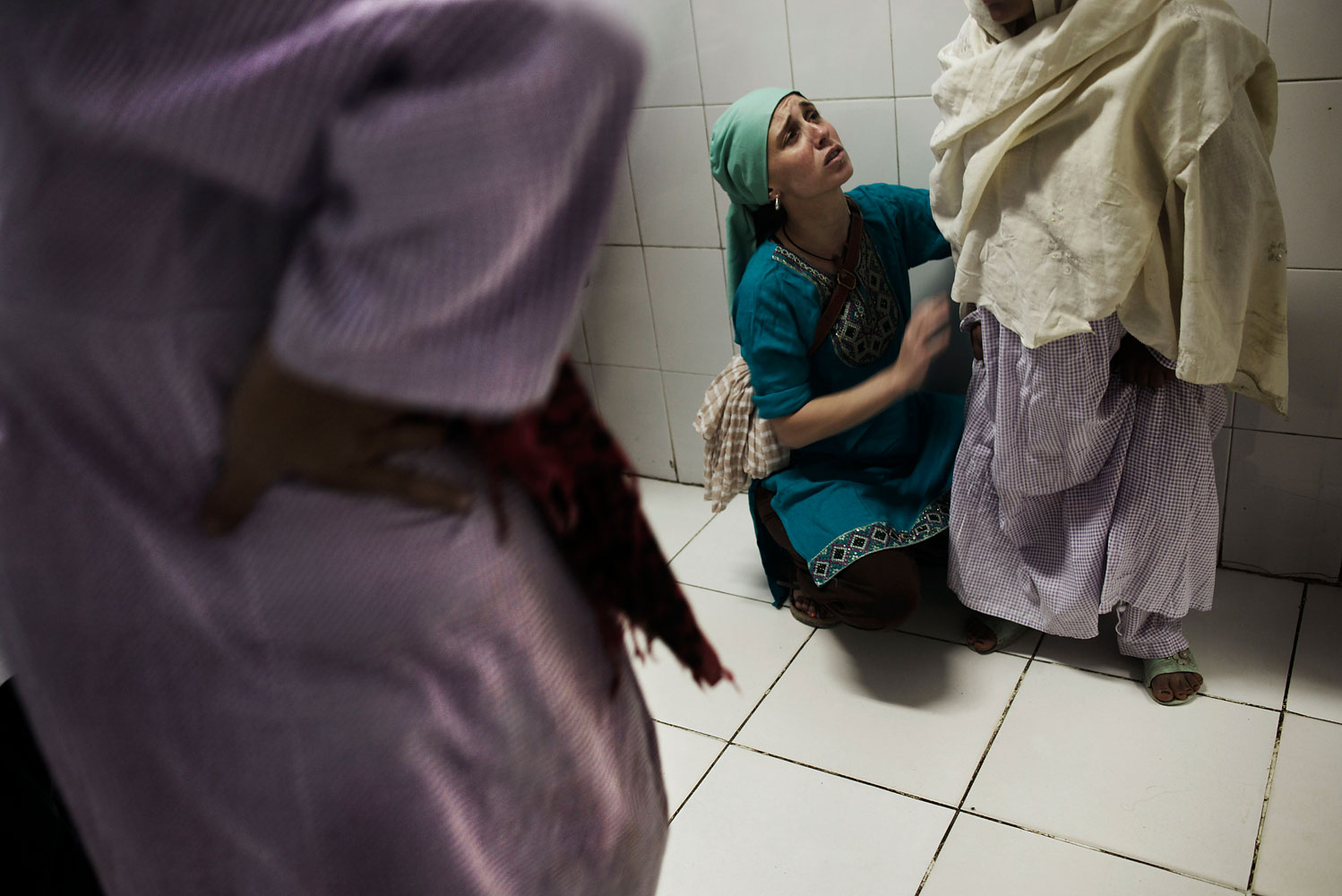
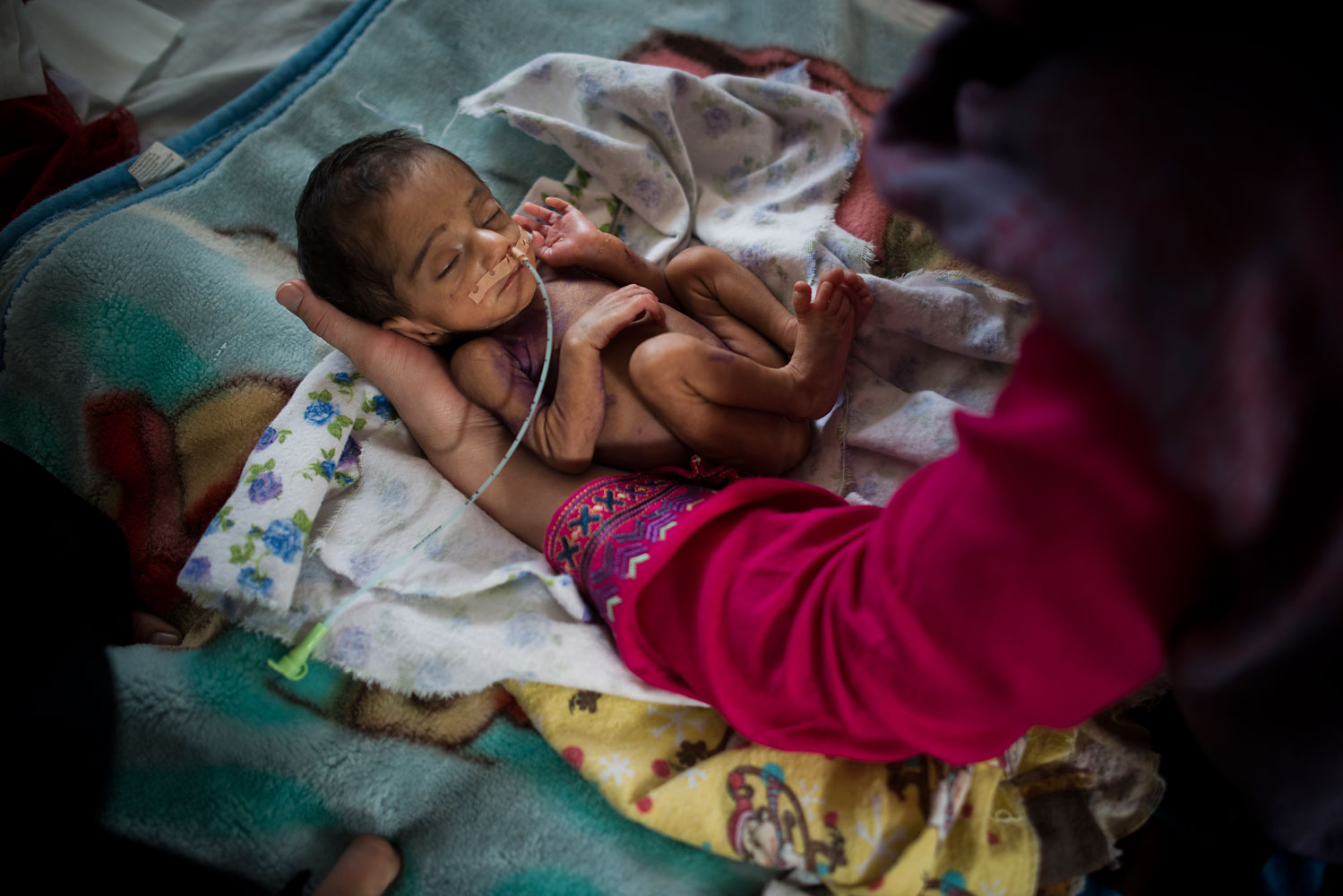
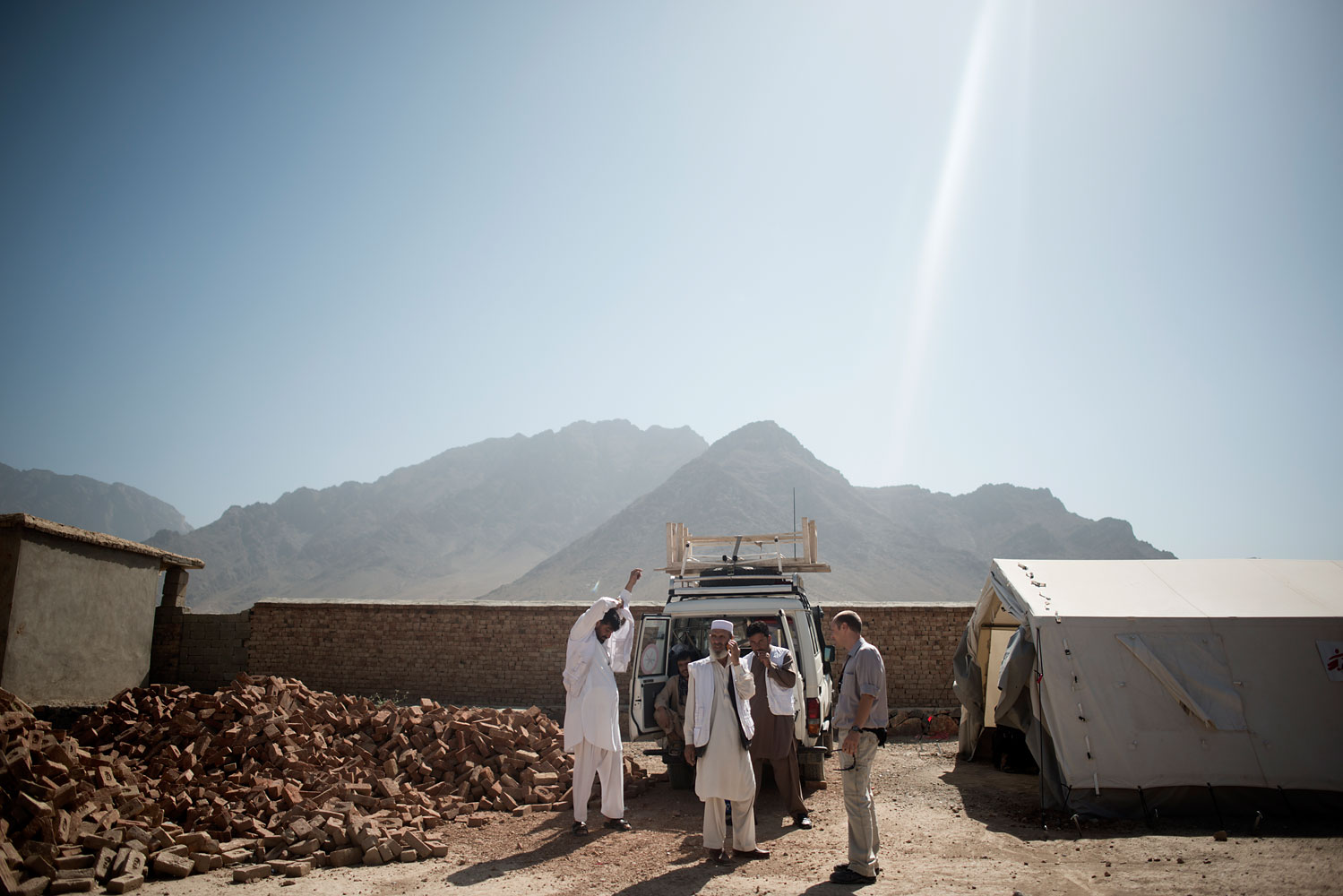
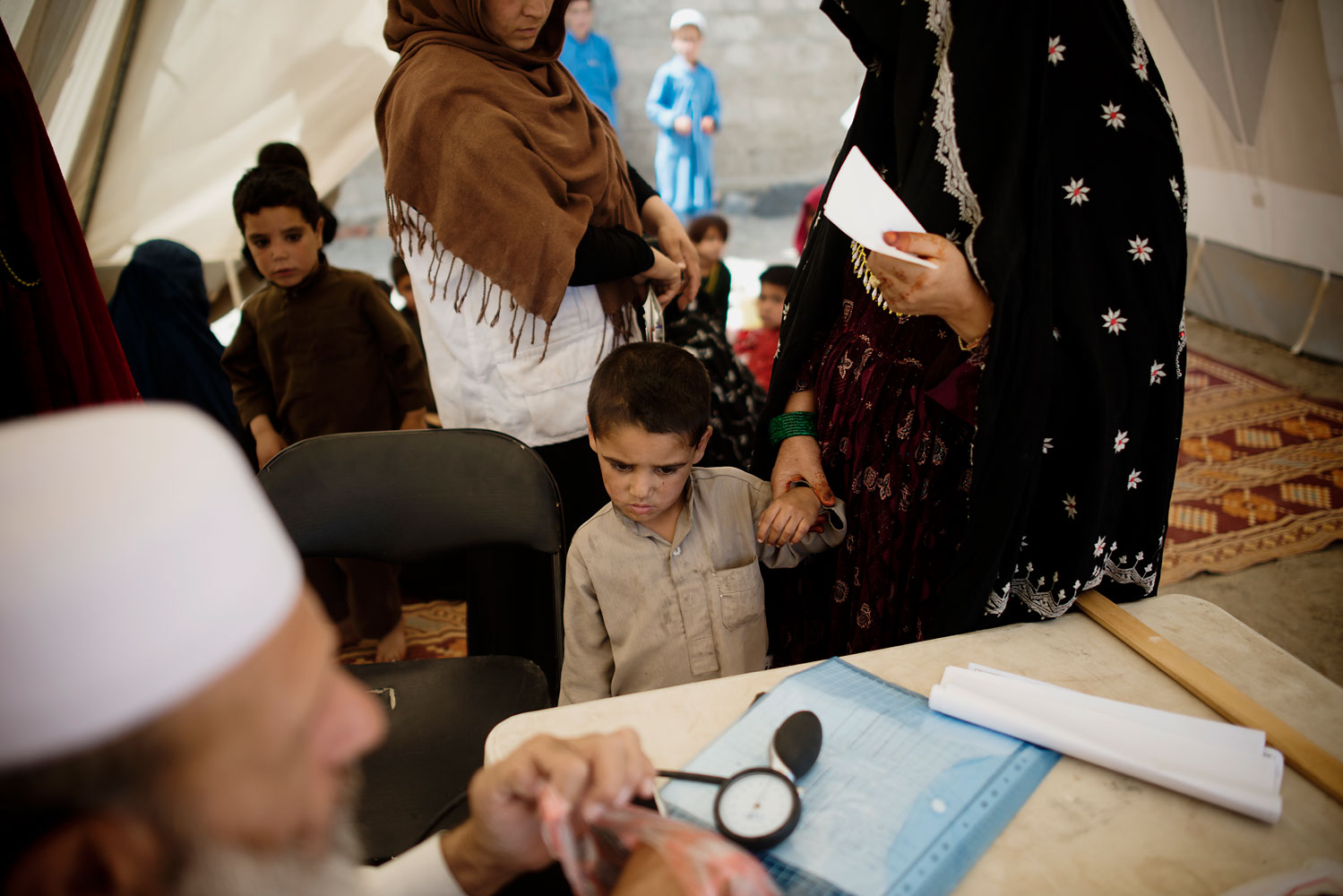
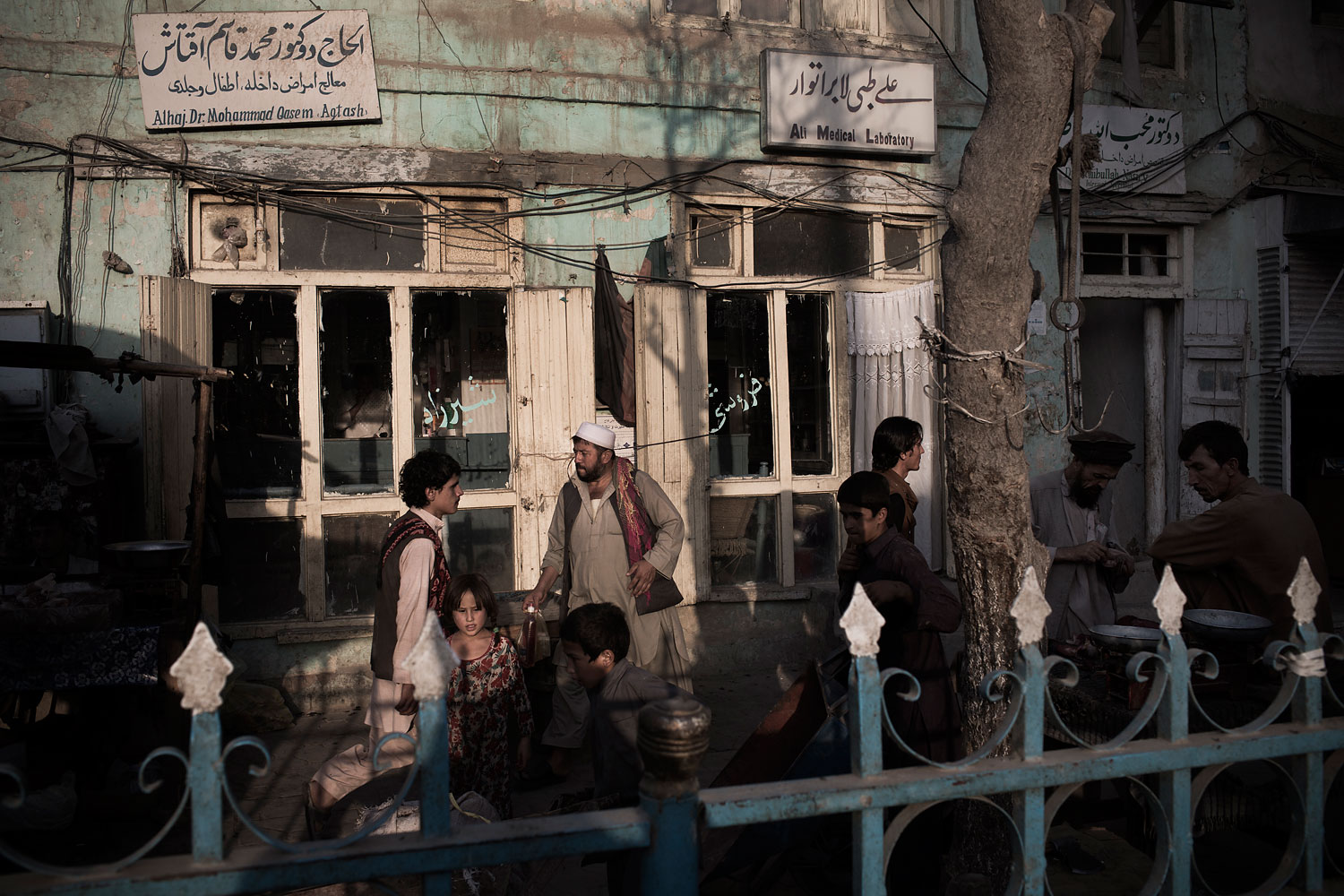
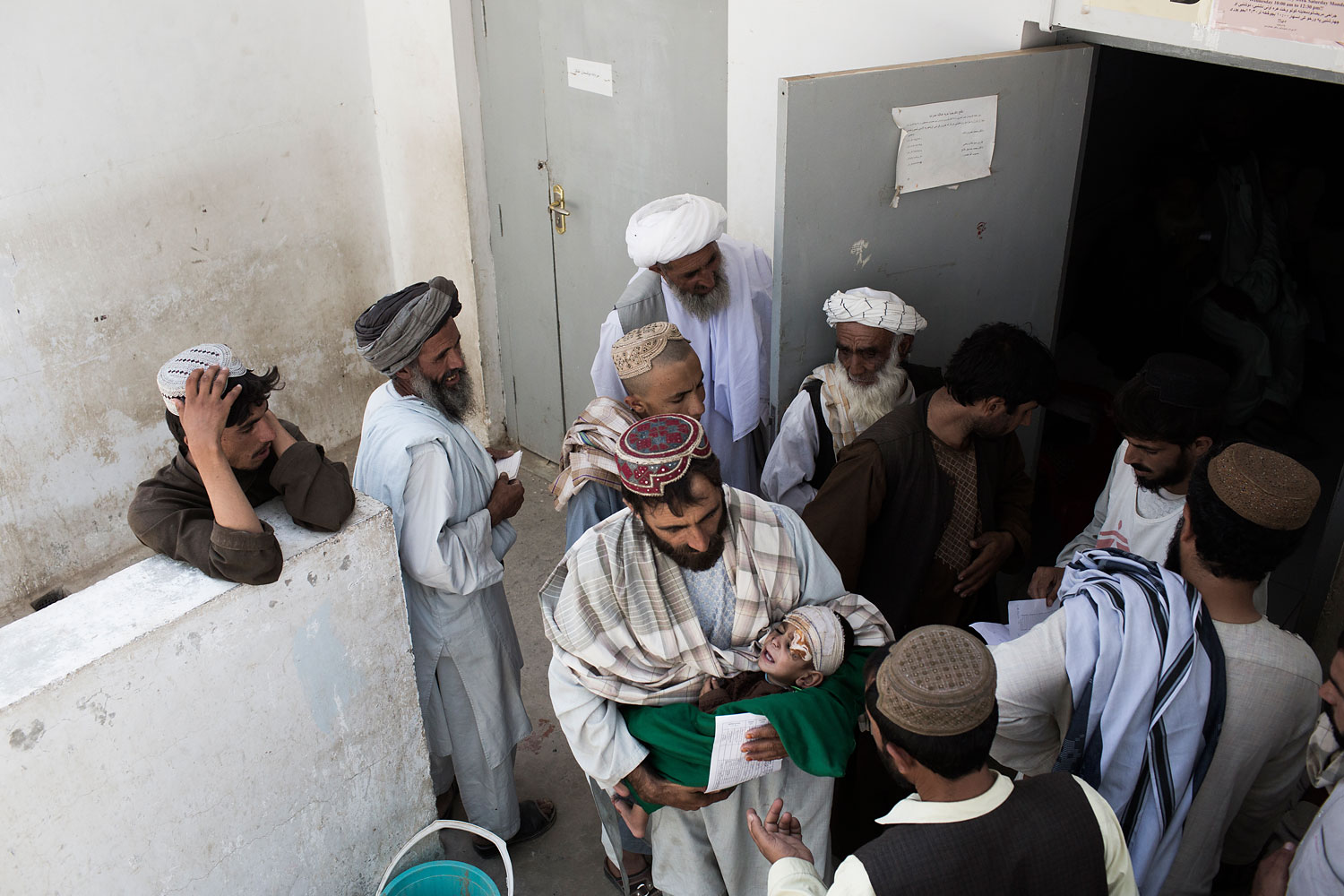
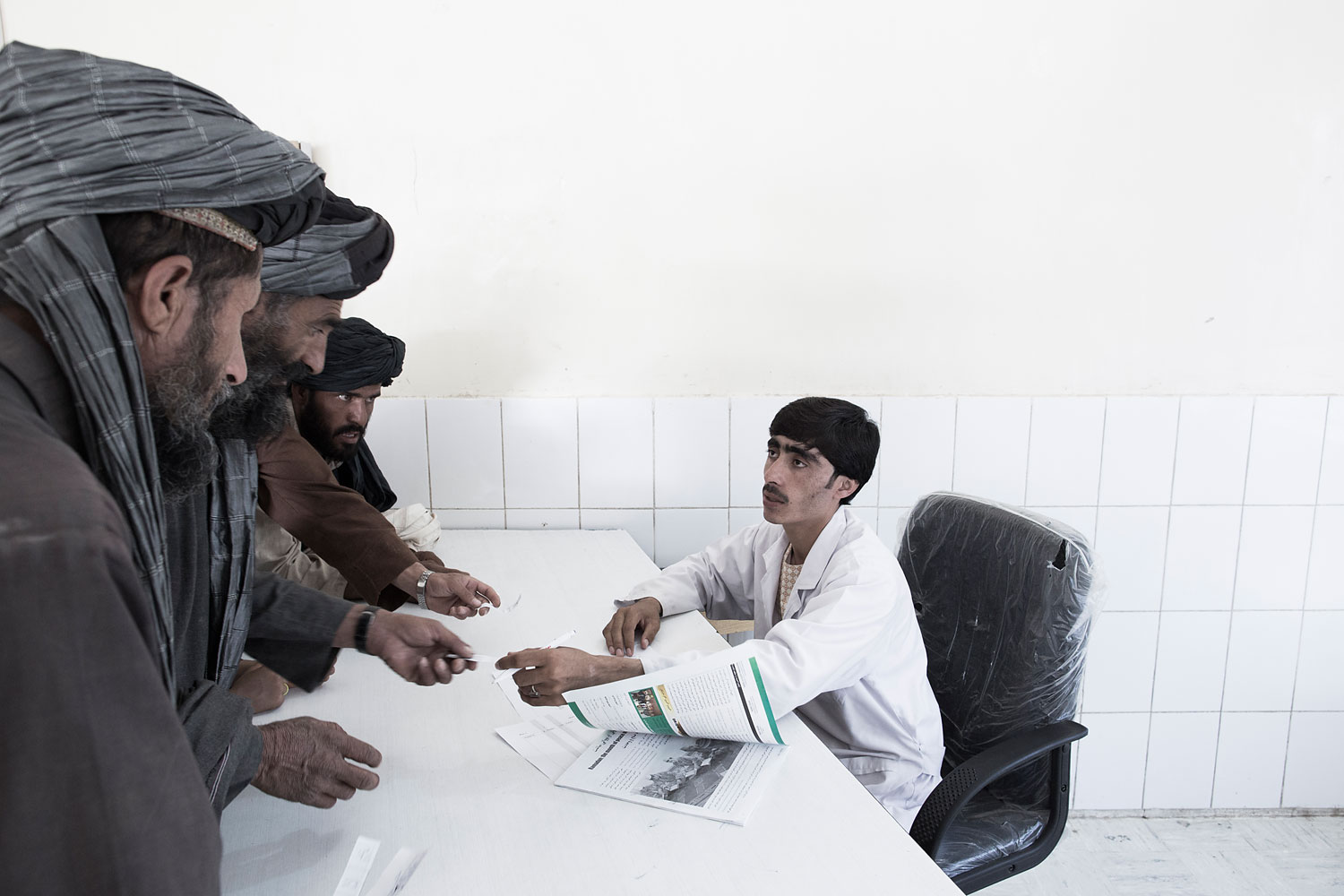
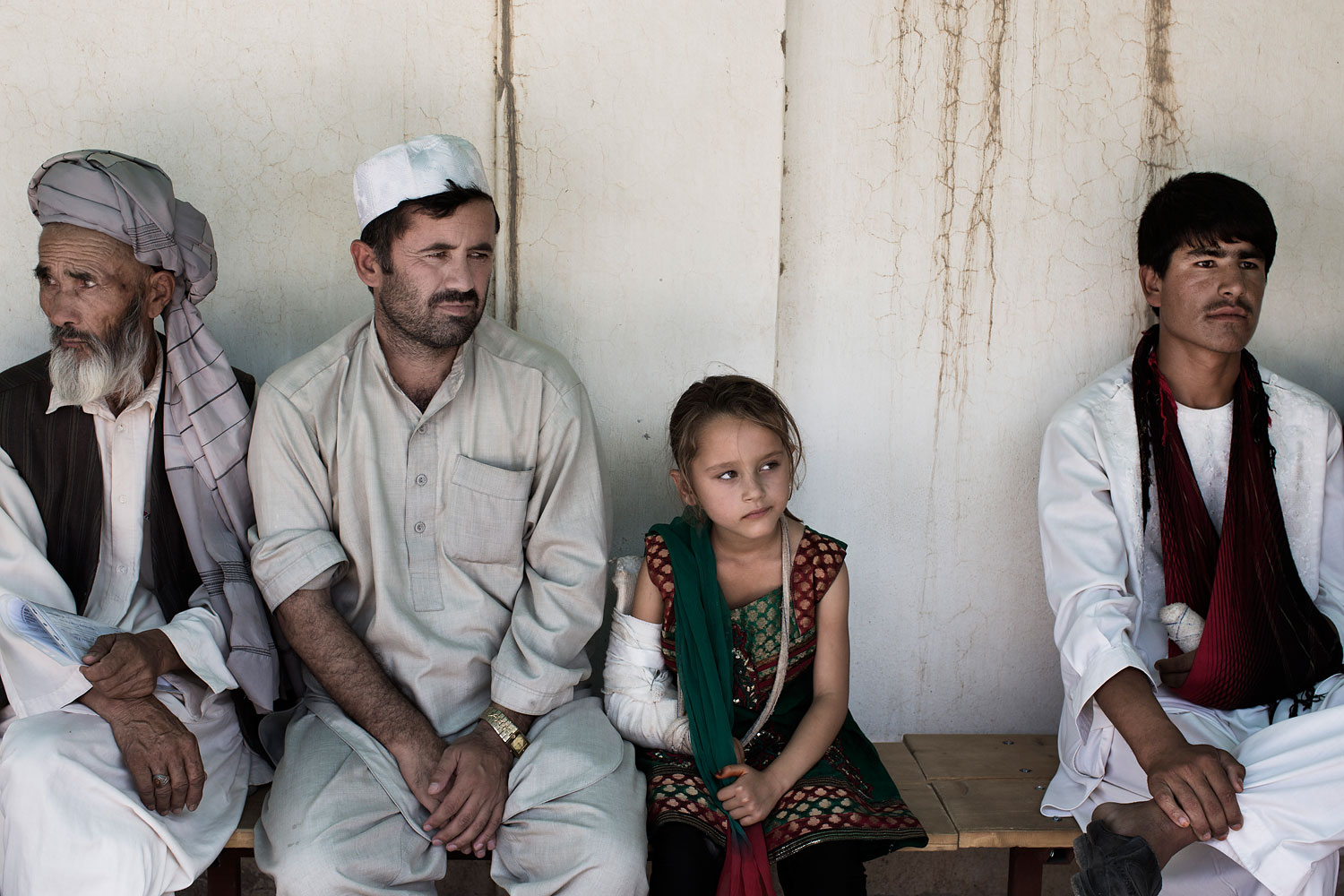
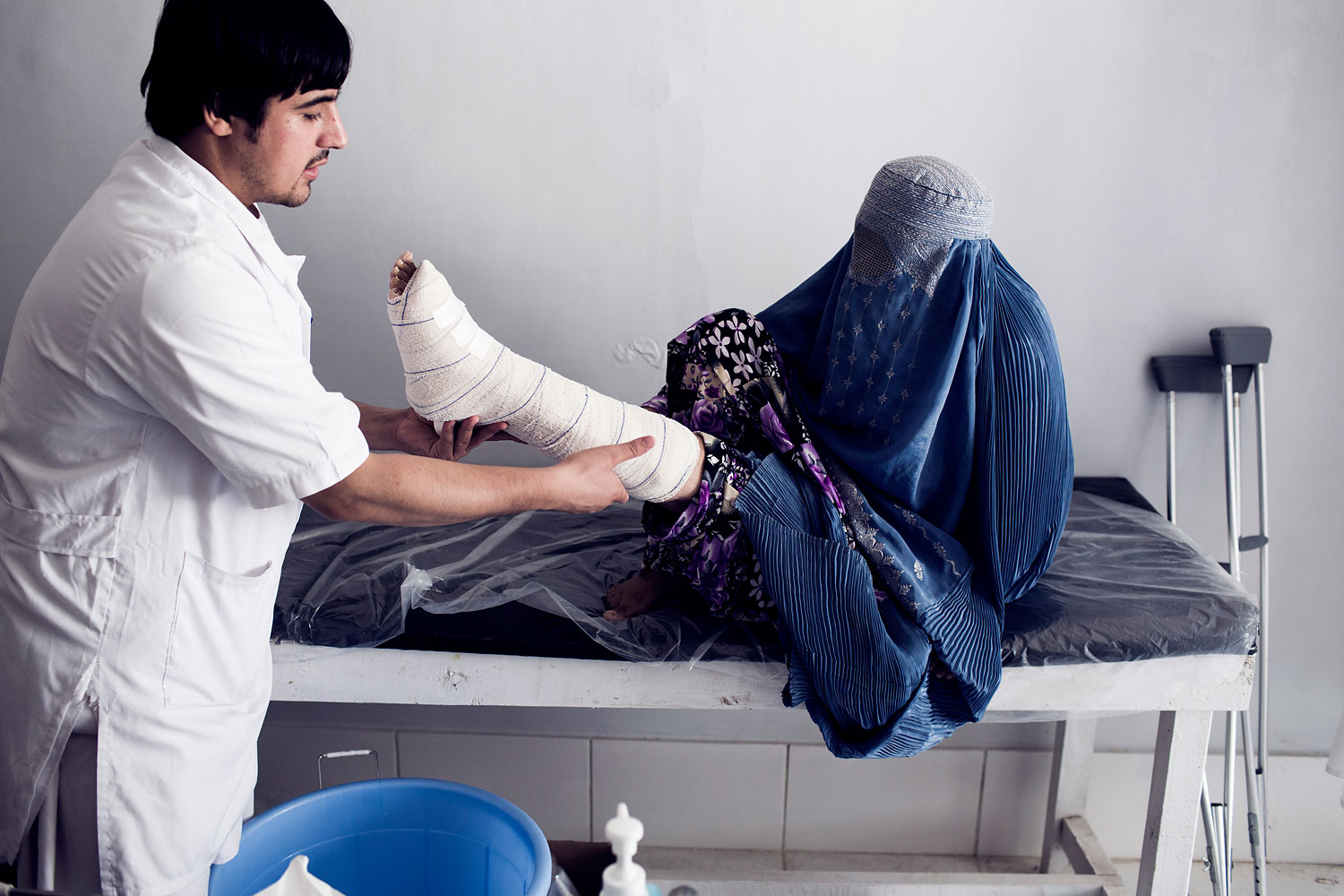
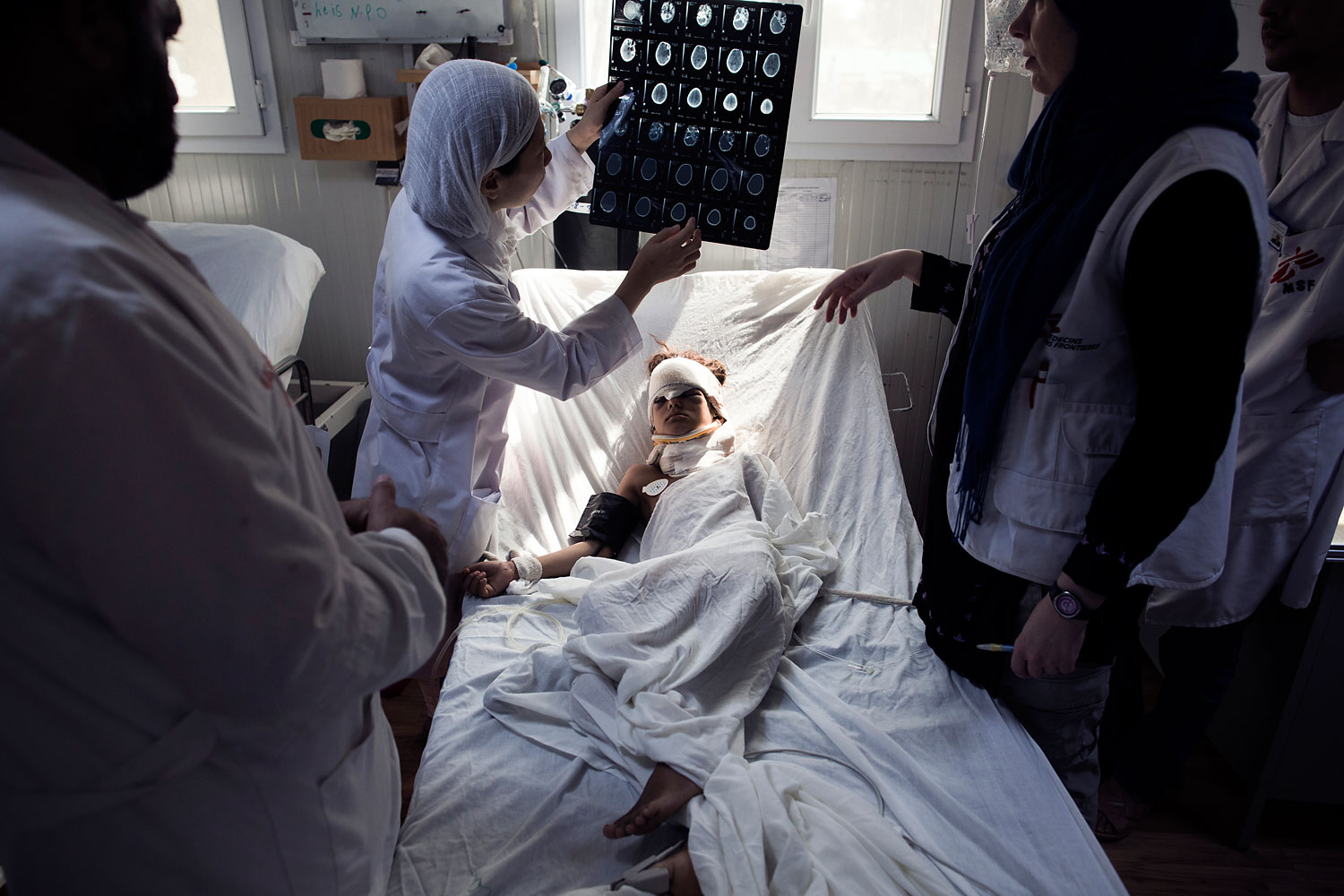
More Must-Reads From TIME
- The 100 Most Influential People of 2024
- Coco Gauff Is Playing for Herself Now
- Scenes From Pro-Palestinian Encampments Across U.S. Universities
- 6 Compliments That Land Every Time
- If You're Dating Right Now , You're Brave: Column
- The AI That Could Heal a Divided Internet
- Fallout Is a Brilliant Model for the Future of Video Game Adaptations
- Want Weekly Recs on What to Watch, Read, and More? Sign Up for Worth Your Time
Contact us at letters@time.com